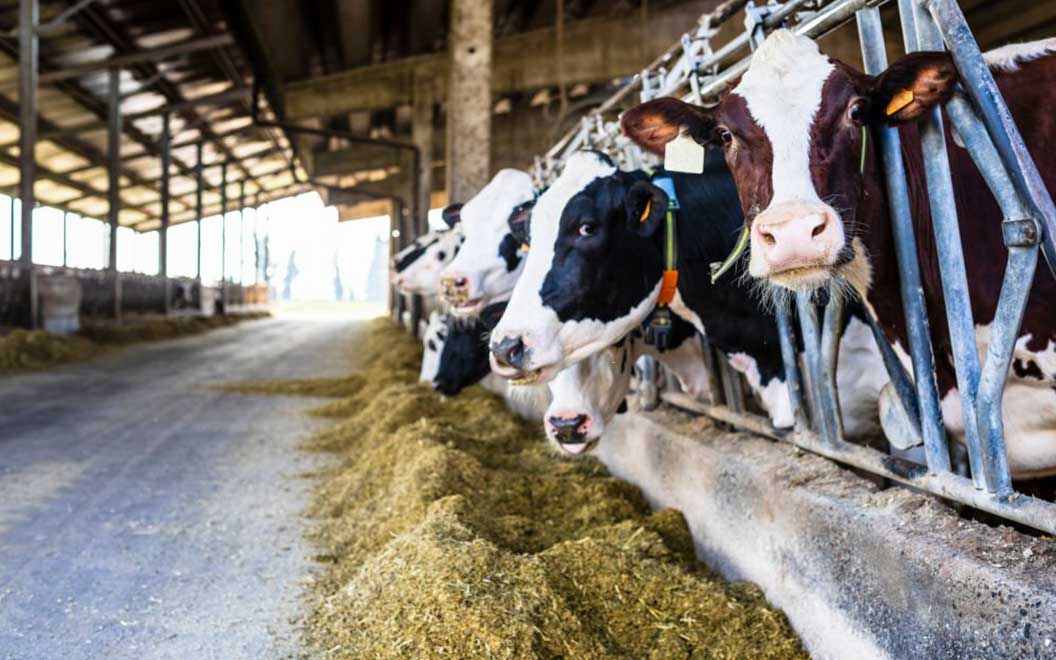The Feed Research Institute of the Chinese Academy of Agricultural Sciences (CAAS) has announced that a new method to produce an animal feed protein from carbon monoxide has been found which would help reduce the country’s dependence on huge volumes of imported soybeans.
CAAS revealed that it has worked with Beijing Shoulang Biological Technology to speed up a gas fermentation process to create a single cell protein that could be fed to animals.
This report was made known on a website operated by the Ministry of Food and Agriculture and Rural Affairs. According to the report, the protein has been approved by the agriculture ministry for feeding to animals.
Chief Scientist of the project and a researcher at the Institute of Feed Research of the Chinese Academy of Agricultural Sciences, Xue Min stated that the natural synthesis of protein involves complex genetic expression, biochemical synthesis, and other factors, while the conversion efficiency of material and energy is relatively low and the final accumulated protein content is also not high.
An agriculture industry expert, Meng Jinhui disclosed that while the experiment offers a good possibility, there is still a gap to reach actual mass production.
Also, industry experts added that the project is extremely significant, but more perception is required, particularly with regards to transformation rate and cost proficiency.
The state media, People’s Daily disclosed that the team has started operating a facility in northern Hebei province to turn steel-making tail gas into 5,000 tons of protein annually.
Government-backed tabloid, the Global Times stated that “China’s efforts could be a solution to the excessive external dependence of food protein, one of the biggest shortcomings of China’s agriculture.”
Currently, China is the world’s top purchaser of soybeans achieving in 100 million tons every year to transform into protein-rich nourishment for its enormous domesticated livestock area.
However, ten other start-ups around the globe are also using synthetic biology to create animal feed, using waste gases as a feedstock for bacteria or other protein-rich microorganisms.
Among these start-ups are Britain’s Deep Branch that aims to turn carbon dioxide emitted by a power station into protein for fish and poultry.
Also, United States based Calysta has partnered with a major agricultural trader, Cargill on a 200,000-tonne singular cell protein plant in Tennessee.


Comments are closed.